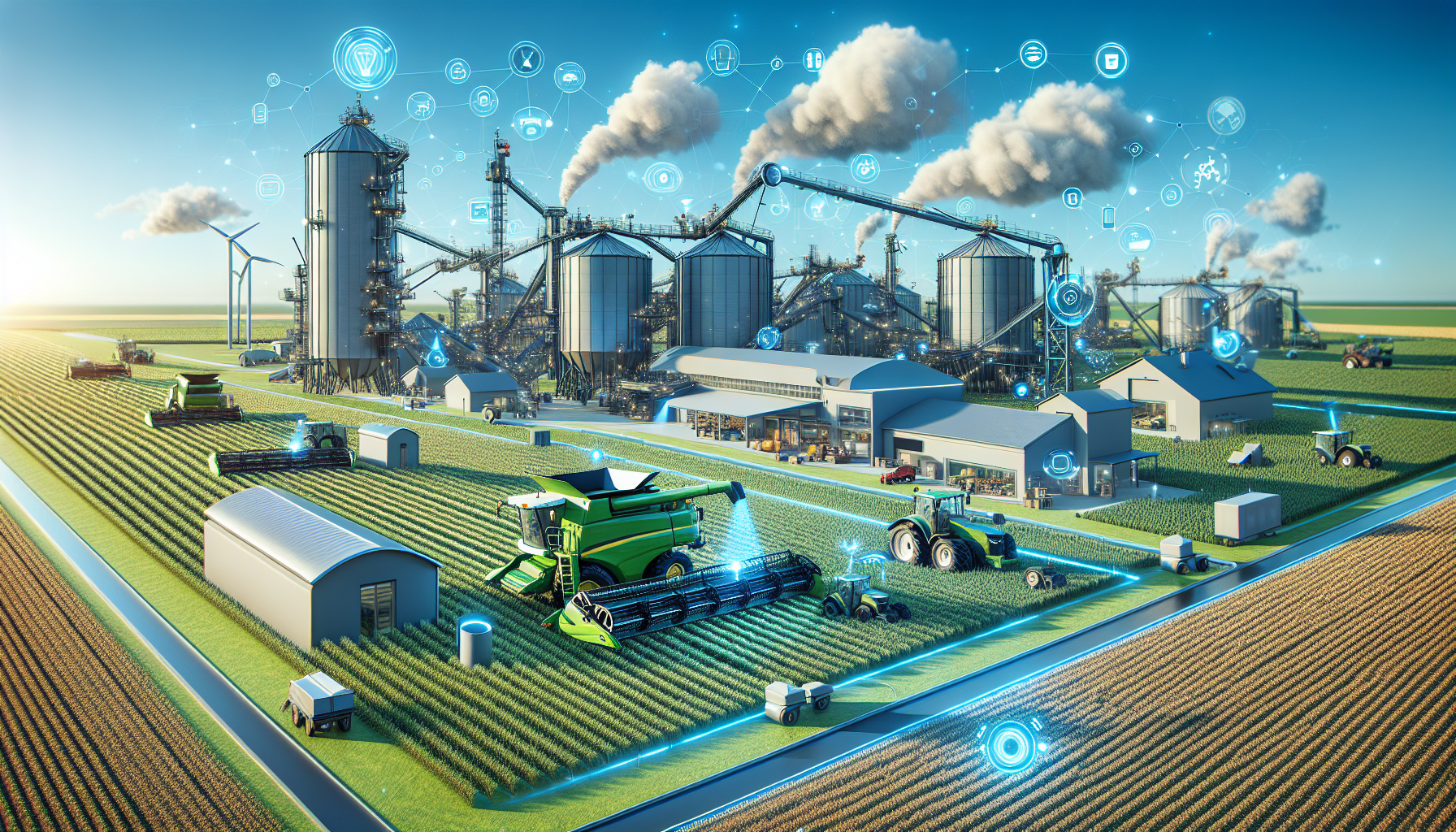In recent years, the agriculture industry has been undergoing a significant transformation, driven by advancements in technology. As the global population continues to rise and the demand for food increases, the challenge of producing more with less has never been more pressing. Enter smart farm management, a revolutionary approach that combines cutting-edge technology with traditional agricultural practices to create sustainable, efficient, and highly productive farming systems.
At its core, smart farm management involves the use of various digital tools and technologies to optimize every aspect of farm operations. From precision agriculture to automated machinery, smart solutions are enabling farmers to monitor and manage their resources with unprecedented accuracy and efficiency. This not only enhances yield but also dramatically reduces inputs such as water, fertilizers, and pesticides, thereby minimizing environmental impact and lowering costs.
One of the primary components of smart farming is data-driven decision-making. With the aid of IoT devices, drones, and satellite imagery, farmers can now gather vast amounts of real-time data about their crops and soil conditions. This includes information on weather patterns, moisture levels, nutrient requirements, and pest infestations. By analyzing this data, farmers can make informed decisions on when to plant, irrigate, apply fertilizers, or protect their crops from pests. This precision approach not only boosts productivity but also reduces waste, leading to more sustainable farming practices.
Another groundbreaking element of smart farm management is the use of automated machinery. Robotic systems and autonomous tractors can perform tasks such as planting, weeding, and harvesting with minimal human intervention. This not only increases efficiency but also addresses the labor shortages that many farms face. Moreover, automation ensures tasks are performed consistently and accurately, leading to higher yields and better quality produce.
Integrated pest management is another area where technology is making a significant impact. Smart traps equipped with sensors can detect and report pest activity, allowing farmers to address infestations swiftly and efficiently. This targeted approach reduces the need for blanket pesticide applications, thus preserving beneficial insects and preventing the development of pesticide-resistant pests.
Water management is yet another critical aspect of smart farming. With advanced irrigation systems, farmers can apply just the right amount of water needed by their crops at precisely the right time. This not only conserves water resources but also prevents overwatering, which can lead to nutrient leaching and crop diseases.
Smart farm management also extends to livestock farming. Wearable technology for animals can monitor their health, behavior, and location, providing valuable insights to improve productivity and welfare. By tracking parameters such as body temperature, heart rate, and feed intake, farmers can promptly address health issues, optimize feeding strategies, and improve overall animal welfare.
The benefits of smart farm management are manifold. By integrating technology into farming practices, farmers can boost their output while conserving resources, reducing waste, and protecting the environment. Moreover, this approach allows for better risk management, as data-driven insights provide a clearer picture of crop and livestock health, market conditions, and potential threats.
As we embrace the future of farming, it is essential to ensure that these technological advancements are accessible to all farmers, regardless of their scale or location. By providing education, training, and support, we can empower farmers around the world to adopt smart solutions and reap their many benefits.
In conclusion, smart farm management represents the future of agriculture. By embracing technology and data-driven approaches, we can create farming systems that are not only highly productive but also sustainable and resilient. As we tackle the challenges of global food security and environmental preservation, smart farming solutions offer a pathway to a brighter, more efficient, and more equitable agricultural future.
